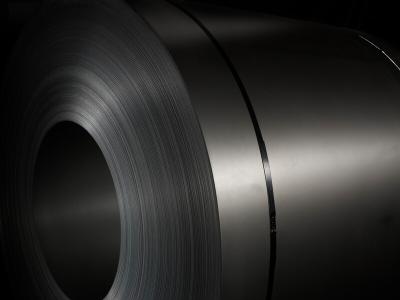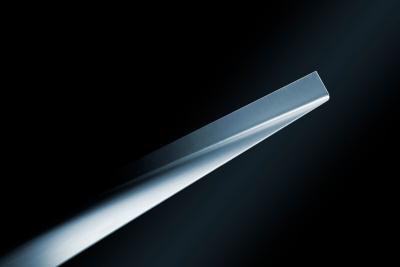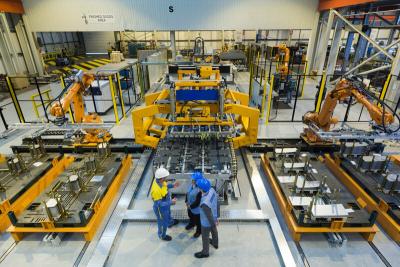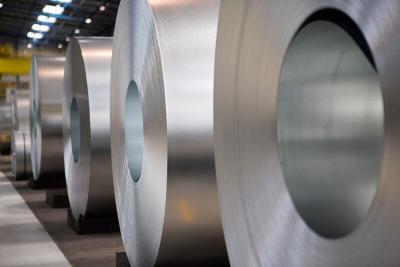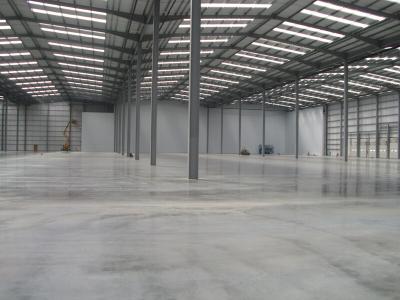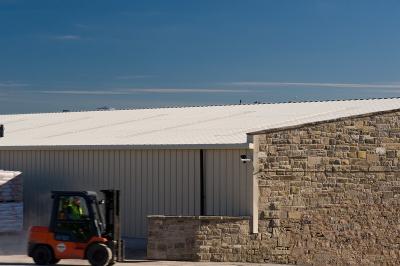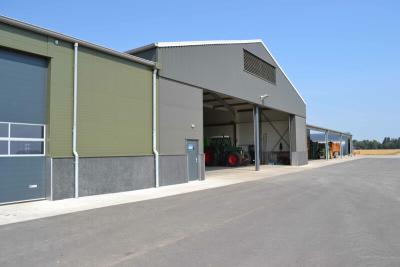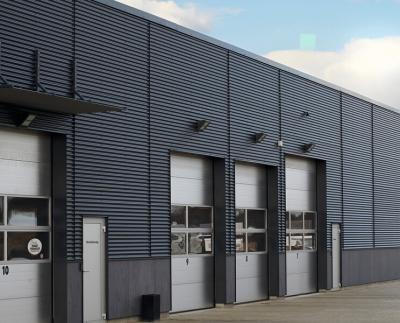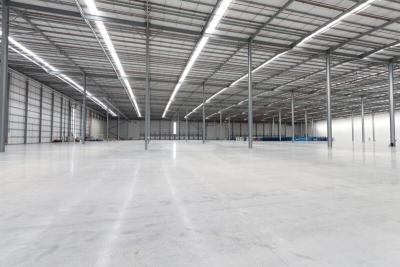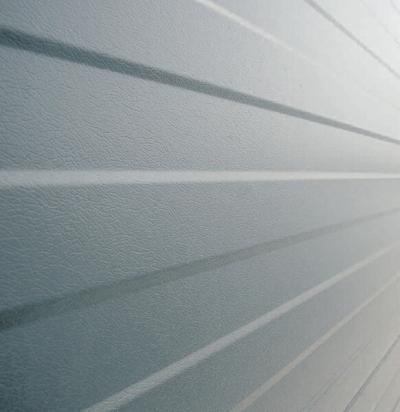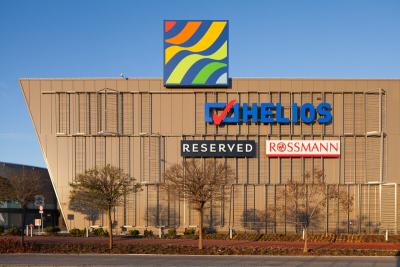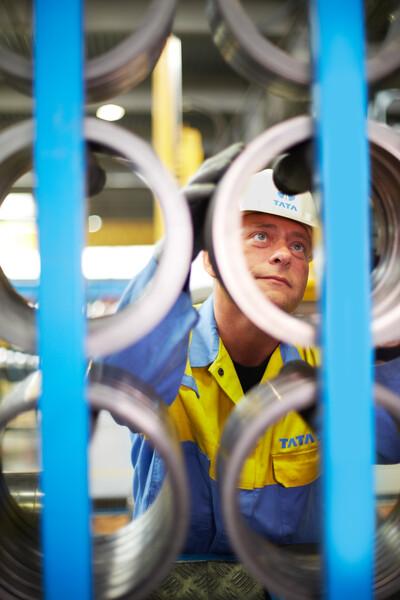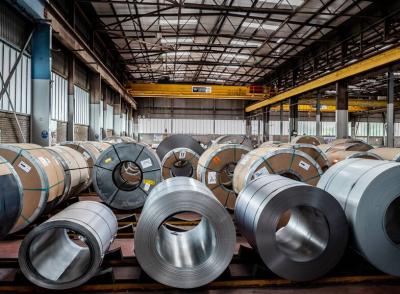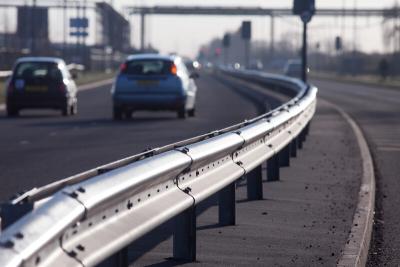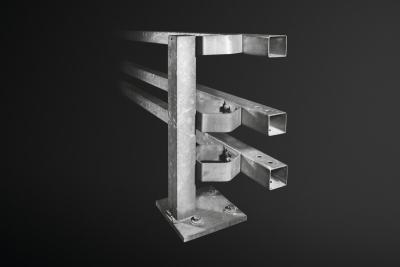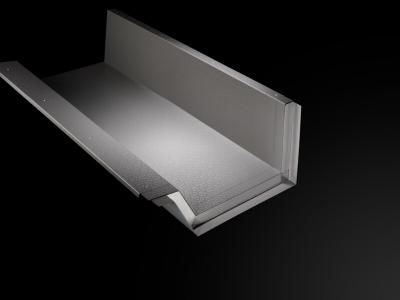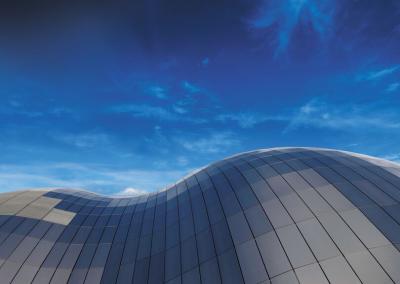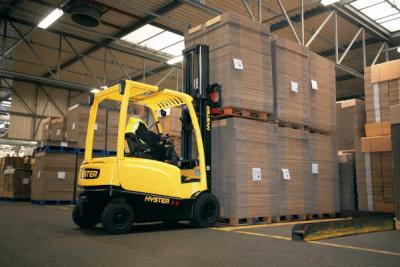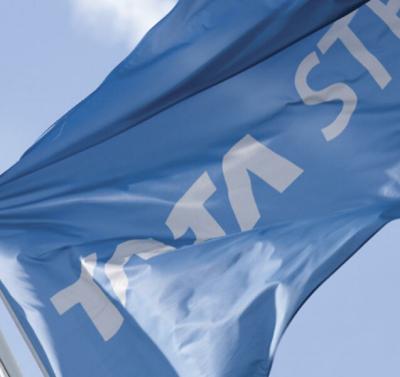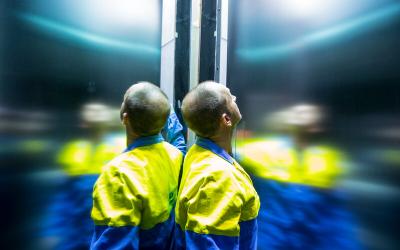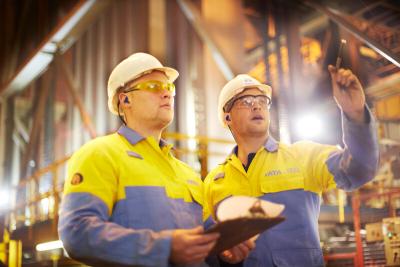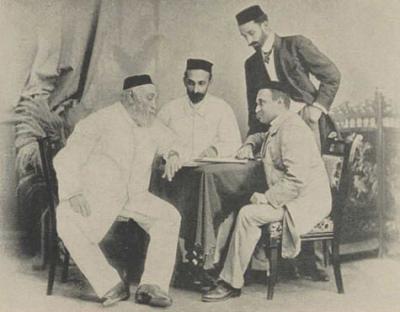Tata Steel UK CEO, Rajesh Nair, has told a Senedd Select Committee: “On the other side of our proposed transformation, we will have a viable and sustainable business – which we have not had for the past 15 years.”
Reflecting on Tata Steel UK’s appearance in front of the Senedd Economy, Trade and Rural Affairs Committee last week, Rajesh Nair said: “Our attendance at such Select Committees is important. It provides political stakeholders with a clear understanding of why we have announced our proposed restructure and transformation plan.”
The cross-party committee holds the Welsh Government to account in the areas of business, economic development, skills, international trade, agriculture, fisheries and food.
Rajesh and Chief Human Resources Officer, Chris Jaques, answered many questions from committee members on the company’s proposed transformation from blast furnaces to electric arc furnace steelmaking in the UK.
Rajesh explained to the committee that the company’s iron and steelmaking facilities in Port Talbot are reaching their end of life, compromising reliability, safety and timeliness of delivery, adding: “In the last quarter, the business returned a loss of about £160m and in the first nine months of this financial year, about £330m – this is just not sustainable for any company.”
Rajesh added that multi-union proposal, which involves keeping one of the blast furnaces, would add nearly £200m to the cost and significantly delay the project to install an electric arc furnace. We will not be in a position to build the EAF in an existing steel plant, and if you don’t have a steel plant operating, there is no way the blast furnaces can be kept going.” (blast furnaces supply liquid iron to the steel plant)
He said the £1.25bn project cost (including the UK Government’s milestone based £500m) is to transform the business to EAF-based steelmaking while reducing carbon dioxide emissions, not to fund losses."
He told committee members: “On the other side of the proposed transformation, we will have a viable business – which we have not had for the past 15 years.”
Chris Jaques, Tata Steel UK’s Chief HR officer, recognising how difficult the announcement times for workers, families and communities, added that a Transition Board has been set up with access to £100mill funding, looking at short-term support and long-term regeneration.
“Additionally, and as a result of our discussions with our trades union partners and their independent consultants, we have decided to continue operating the hot strip mill in Port Talbot, securing 200 jobs.”
Rajesh concluded: “We will continue to engage constructively with key political stakeholders and communicate the vision of Tata Steel’s sustainable steelmaking future in the UK.”

About Tata Steel UK
- The Tata Steel Group has been named one of the most ethical companies in the world, and is among the top producing global steel companies with an annual crude steel capacity of 34 million tonnes.
- Tata Steel in the UK has the ambition to produce net-zero steel by 2045 at the latest, and to have reduced 30% of its CO2 emissions by 2030.
- Tata Steel is the largest steelmaker in the UK with primary steelmaking at Port Talbot in South Wales supporting manufacturing and distribution operations at sites across Wales, England and Northern Ireland as well as Norway, Sweden, France and Germany. It also benefits from a network of international sales offices around the world.
- Tata Steel employs more than 8,000 people and has an annual crude steel capacity of 5 million tonnes, supplying high-quality steel products to demanding markets, including construction and infrastructure, automotive, packaging and engineering.
- Tata Steel Group is one of the world's most geographically-diversified steel producers, with operations and a commercial presence across the world.
Follow us on social media








